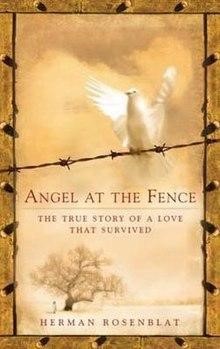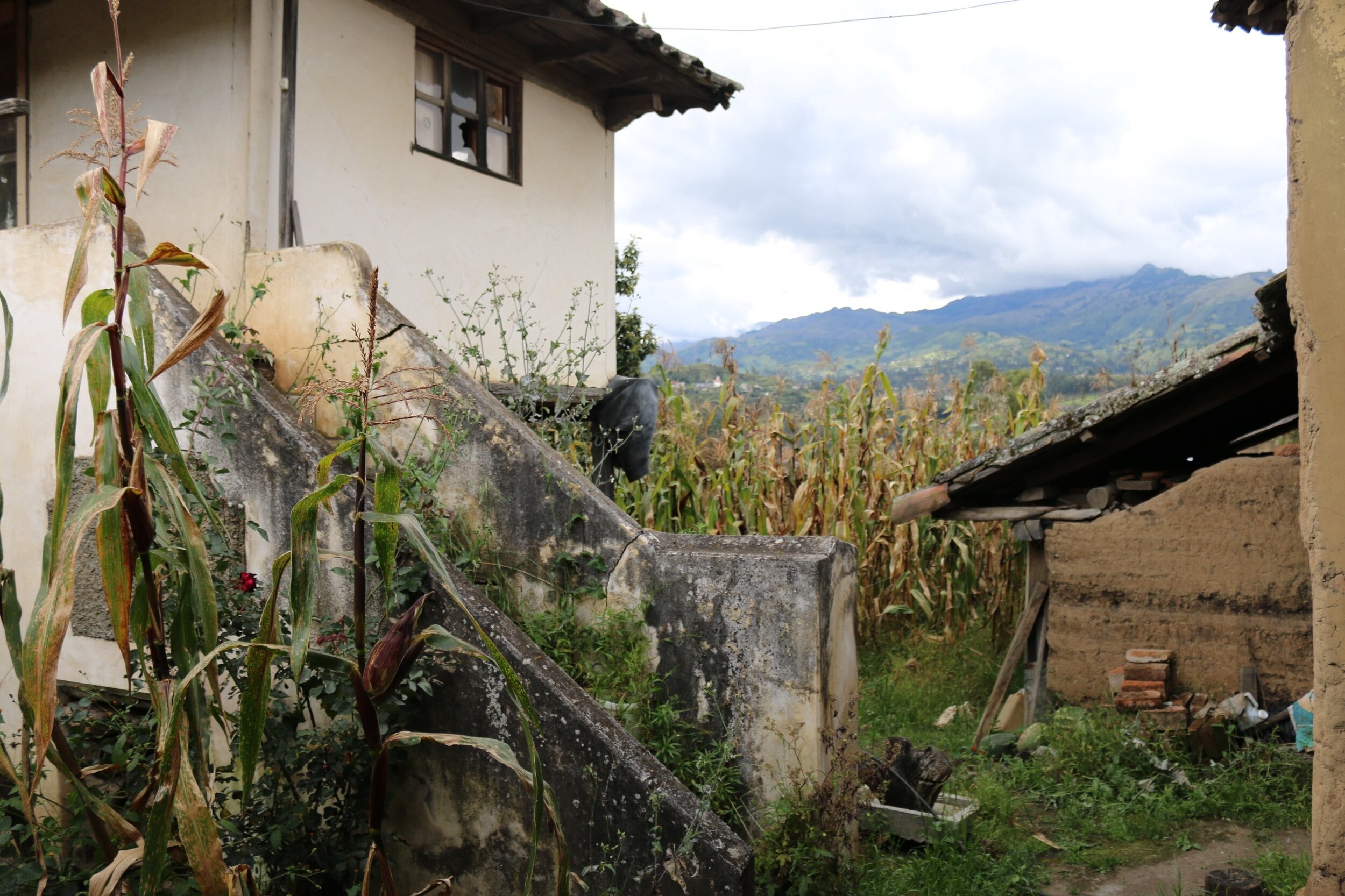Uncertain Journeys. By Carlin Liu Zia.
Thesis Advisor: Mary Marshall Clark
Careful about every phrase, every pronoun, every silence and hesitation, Carlin Zia demonstrates how closely the acts of speaking and writing and visual memory intersect as she transcribes the story of her grandfather’s migration from China to the United States as told to her over two years. As Luisa Passerini has written, oral history is more than direct memory; it is in its deepest sense cultural memory: where poetry, visuality and narrative meet. In Uncertain Journeys, a title with great meaning for our world, Carlin invites us to join her in the journey from the past to the future by also writing about her own life. She is inspired by the oral history conversation with her grandfather and the literal journey she takes back to Changzhou, his home city in China, to encounter the palimpsests of memory that words alone cannot evoke. The journey, in the words of Luisa Passerini, is one from memory to utopia.
As Carlin writes the story of her journey, with questions that arise from the translation of her grandfather’s journey, she invokes the words of Italo Calvino, the Italian folklorist and author. I will reinvoke Calvino’s words here (because they belong with my own visual memory of Carlin carrying his well-worn book Invisible Cities into my office so many times).
The city, however, does not tell its past, but contains it like the lines of a hand, written in the corners of the streets, the gratings of the windows, the banisters of the steps, the antennae of the lightning rods, the poles or the flags, every segment marked in turn with scratches, indentations, scrolls.
And Carlin, in visiting her grandfather’s home in the midst of writing her thesis – the city of Changzhou – returns to us the palimpsest where visual, aural and written memory combine to produce an irreducible artifact of memory. This palimpsest is a library (a place of great meaning to Carlin and her grandfather).
We reach the big intersection at the southeast corner of the old Cultural Palace Park and this time stay straight to cross instead of making our way right. There have been pedestrians cued up at the inside corner, but when we get there we see there is really no walkway to speak of, just a long bike lane. We set out, single file. I am at the front again, which I am ambivalent about. I’d rather be at the back so that I am the buffer against oncoming bikes and protecting these kinds of relatives I have put in dangerous situations, but I also like the feeling of trailblazing! Of being the explorer. (Indiana F. Jones is back…)
Later in the story, after Carlin has fully told her grandfather’s story, well as much as he would tell her, and all the relatives were safely returned, Carlin’s own voice bursts forth to make sense of many hundred hours of scribing another’s.
The sky has set out the open window of this café. In all essays, it seems, there’s a reveal of a revelation, a Redcrosse falling into the water revelatory coincidence of meaning, a turn. After weeks and weeks or the equivalent energy of staring, sorting, resorting, analyzing, the storyteller suddenly, by a hair, sees/remembers - this seemingly irrelevant thing, element, conversation and it throws all that has been labored into transformative relief.
Because of Carlin’s willingness to take an uncertain journey, one in which the past is not quite clear and the future is still hazy, she makes it possible for us to glide along with her across the sea from the beginning of her grandfather’s journey through to her/our own. We ‘see’ the glistening of the oceans that connect her to him, as well as nooks and crevices in the durable brick house in Raleigh, North Carolina where her grandfather and grandmother landed and only recently left. We will not forget how both their hands touched the door of the Library in Changzhou, and each other’s, and then reached out …..perhaps towards us.
We read, hear, and see (in words) the material power of this migratory love, a story that might be the most important story for the world to hear now.
The pages of the book Carlin made, and handcrafted, burst with visuality, sound, and sight in a synesthesia of emotion, desire, and the burning desire to know. To explore the known in relation to the unknown. In doing so Carlin has reminded us that oral history is no less than poetry unbound. And as Audre Lorde’s work teaches us, poetry might just ignite a revolution of love where hope and desire meet to create a better future, of the kind the Zia family fought for.
It is for these reasons that we award Carlin Zia the 2019 Jeffrey H. Brodsky Oral History Award.











![A black and white photograph of Downtown Manhattan taken from the Empire State Building. It was March 2018, a cloudy day in New York. The fog blurred the skyscrapers in the Financial District. There are no humans in this picture, just buildings.[1]](https://images.squarespace-cdn.com/content/v1/50d0a18de4b07abde41656e7/1574204315841-51CKE5U0MJXHAP3RX74Z/Ele.jpg)





